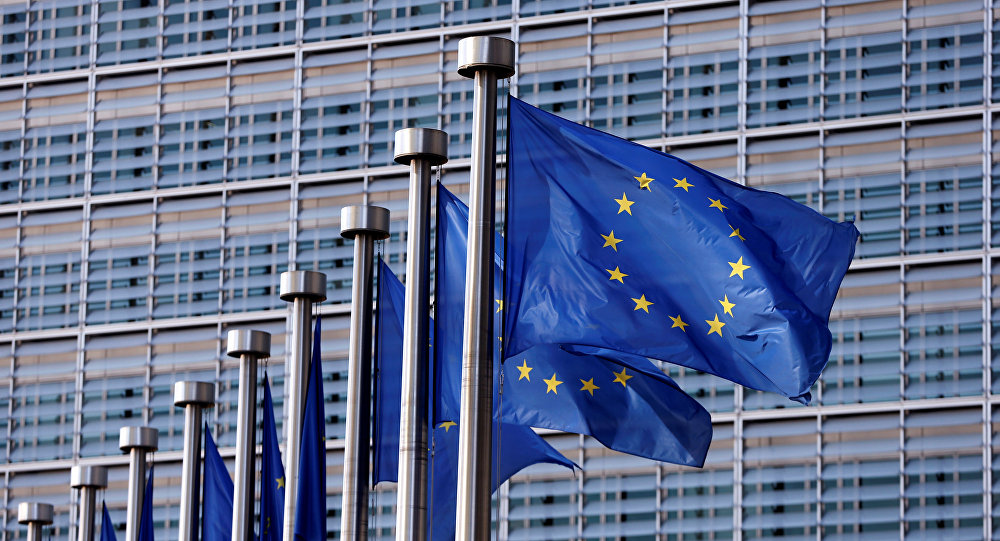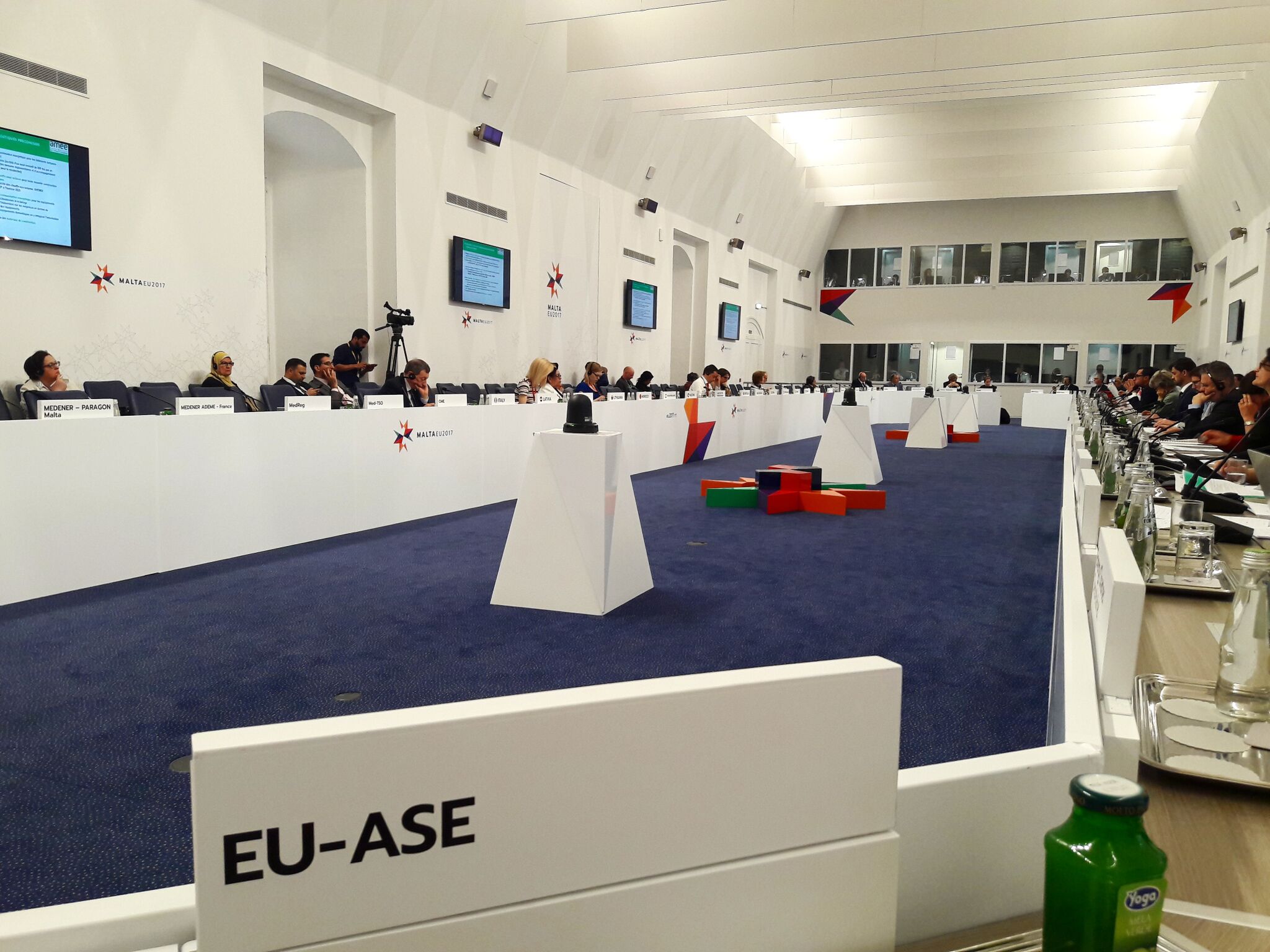European climate law must not be an empty shell

by Monica Frassoni, President of the European Alliance to Save Energy
This op-ed was published on Euractiv
European climate law risks being just an empty shell if it does not show the choices needed to reach climate neutrality. Furthermore, this would weaken the whole Green Deal process and diminish its credibility, writes Monica Frassoni.
A too short and modest proposal would risk hijacking the EU transition to climate neutrality. For climate law to live up to the expectations raised by the European Green Deal, the Commission must clearly indicate what is necessary to achieve a climate-neutral EU by 2050: this means giving priority to energy efficiency and renewables.
At the beginning of March, the European Commission is expected to publish its proposal for a European climate law that will aim to provide a clear trajectory to climate neutrality, certainty for investors and policymakers and transparency to ensure proper governance and monitoring of progress.
What looks to be the final output of the proposal, which is likely to be revealed by the EU executive next week, is, however, very disappointing both in terms of clarity and ambition.
We agree with the Commission that the climate law should be as straightforward as possible.
But this does not mean omitting essential elements, like the inclusion of intermediate milestones for 2030 and 2040, entailing the commitment to an increased and mandatory EE and RES targets; integrating the energy efficiency first principle and applying it to all energy planning and investments; promoting policy coherence across the board, including the phasing out of fossil fuel subsidies.
Indeed, the Commission should orientate the EU’s action towards what is the fastest and most cost-effective way to reduce emissions by putting the Energy Efficiency First principle (EE1st) at the core of the climate law.
If we want to embrace the 100% renewables-based energy system that a successful and just transition entails, we need to cut our energy demand by half by 2050 in comparison to 2005.
This choice will create new opportunities and jobs; it will facilitate the reduction of EU dependence on imports of crude oil and natural gas and thus increase our energy security.
Energy efficiency includes multiple benefits, which, combined with an increased use of renewables, simultaneously address the major societal, economic and environmental challenges facing the EU energy system today.
Moreover, the climate law should set an intermediate GHG emissions reduction target of at least 55% by 2030. This is in line with recent studies suggesting a 55% or higher target for 2030 is both necessary to remain in line with the 2050 climate neutrality goal and feasible from a technical and economic point of view.
The increased 55% reduction target is also supported by a clear majority of members of the European Parliament.
It is extremely important that European Commission signals to businesses and society at large that it is taking the right measures at the right time to tackle the climate challenges and ensures the competitiveness and sustainability of our economic and social systems.
This would give us, businesses, and other economic players a clear direction to act and to invest in the EU.
The European Green Deal is a particularly positive beginning for the new European Commission, which pledges to address the climate crisis and, by doing so, shapes the future of Europe’s economy and society and leads by example.
Exactly for these reasons, the climate law proposal should meet that same level of ambition. Having a text which looks like an empty shell would weaken the whole Green Deal process and diminish its credibility and transformational impetus. We cannot afford this.


